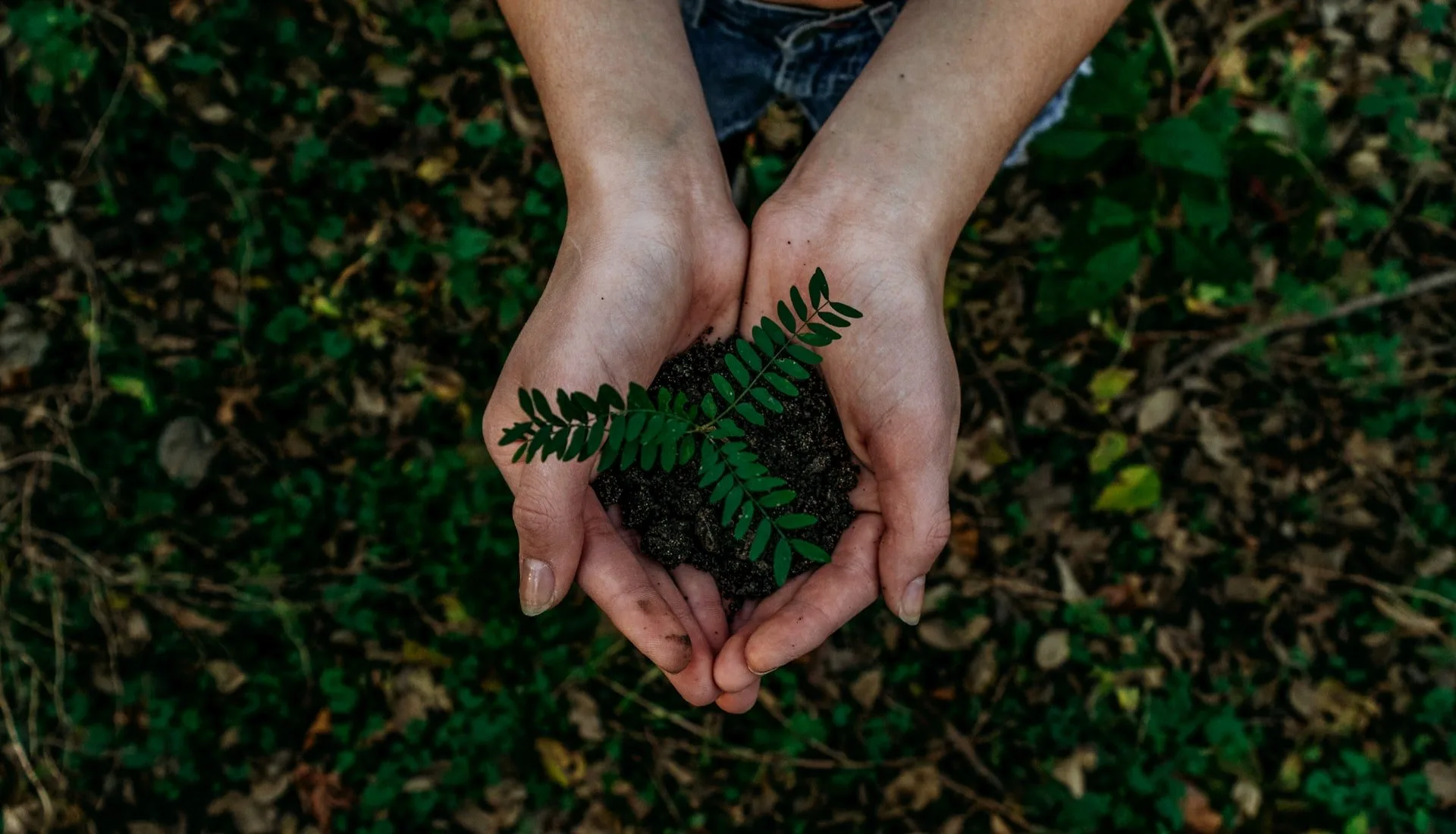Are you interested in creating a more sustainable future but unsure where to start?
While governments and businesses continue to take action on sustainability, individuals also play a key role in driving change. The choices we make in our daily lives – from the products we buy to how we travel – can significantly impact the environment.
In this blog, we’ll explore how personal choices can drive sustainable change beyond what is required by law. Whether you’re an environmental enthusiast or simply looking to make a positive impact, read on to discover how you can be part of the solution. Longevity Live Paid Content.
Sustainable Change Starts With You
You have the power to create sustainable change through the choices you make. Every time you opt for a reusable water bottle, recycle your waste, or choose public transportation over driving alone, you’re contributing to a more sustainable future.
However, the sad part is the abysmal degradation of the environment due to human activities. According to recent estimates by the United Nations, nearly 50% of the total global greenhouse gas emissions and over 90% of biodiversity loss and water scarcity is due to the extraction and processing of materials, fuels, and food. This means that your everyday choices, including the food you eat and the clothes you wear, have a direct impact on the environment.
Sustainable change also starts with education and awareness. By educating yourself on environmental issues and staying up-to-date on the latest sustainability trends, you can make more informed choices. For example, you might learn about the environmental impact of fast fashion and choose to buy secondhand clothes or invest in higher-quality, ethically made garments instead.
Always remember that sustainable change isn’t about perfection
No one can be 100% sustainable all the time, and that’s okay. The objective is to implement gradual and minor adjustments that accumulate gradually over time. By committing to making one sustainable change at a time, you can make a difference in your own life and inspire others to do the same.
New data released by the International Energy Agency (IEA) in March 2022 finds that global energy-related carbon dioxide emissions grew by 6% in 2021, reaching an all-time high of 36.3 billion tonnes.
This increase was fuelled by the world economy’s strong rebound from the COVID-19 pandemic and a heavy dependency on coal to drive this growth. Such record-breaking rise calls for urgent actions from individuals to bring down their carbon footprint and create sustainable change.

Photo by Artem Beliaikin on Unsplash
The Environmental Consequences of Personal Choices
Your personal choices have a direct impact on the environment, and understanding that impact is important to make informed decisions. Whenever you utilize energy, water, or other resources, you’re actively contributing to the depletion of natural resources and the creation of waste and pollution. By being mindful of your choices, you can minimize your impact and help to create a healthier planet for all.
Recent data shows that personal choices can seriously impact the environment. For example, meat and dairy products, especially that made from cows, have a significant environmental impact, with livestock being responsible for nearly 15.5% of global greenhouse gases every year. By opting for plant-based or low-meat diets, you can drive the sustainability movement forward.
Another example is transportation, which is at the top of the ladder when it comes to the dependency on fossil fuels among all other sectors, and was responsible for nearly 37% of CO2 emissions from end-use sectors in 2021, as per IEA. Opting for public transportation, biking, or walking instead of driving solo can immensely decrease your carbon footprint.
You also need to be conscious of the impact of the products you buy on the environment. For example, fast fashion is a major contributor to waste and pollution, with the fashion industry responsible for around 8-10% of global carbon emissions. By choosing higher-quality, sustainable clothing options and reducing your overall consumption, you can help to minimize your impact on the environment.
The Crucial Role of Personal Responsibility in Building Sustainability
As an individual, you have more power than you might think when it comes to building a sustainable future. Whether it’s through energy conservation, waste reduction, or sustainable transportation, small actions can add up to a big impact.
One way to maximize the impact of your actions is to connect with others who share your values and goals. Joining local environmental groups, volunteering with organizations that promote sustainability, or simply talking to your friends and family about the importance of sustainability can help to build momentum and create positive change.
You can also drive sustainability through education and advocacy
Pursuing higher education in fields like environmental science, sustainable engineering, or social work can equip you with the skills and knowledge to make a difference on a larger scale. For example, a Master’s in Social Work (MSW) program can prepare you to work with individuals and communities to address social and environmental issues.
One of the benefits of pursuing a Master of Social Work (MSW) degree is that it can be pursued online, allowing individuals to balance their personal and professional obligations while gaining the necessary knowledge to contribute to sustainable change. Many institutions offer MSW online accredited programs, which can prepare individuals to be part of a larger movement toward sustainability.
The impact of education
Also, pursuing an MSW can lead to various career opportunities, such as becoming a psychotherapist, substance abuse counsellor, youth services advocate, and family social worker, among others, according to Keuka College. Pursuing an MSW degree can not only contribute to sustainable change but also provide individuals with diverse career options.
According to the information provided by the International Federation of Social Workers (IFSW), social workers have a unique understanding of sustainability, development, and goals that aligns with the UN’s Sustainable Development Goals (SDGs). For social workers, sustainability involves creating long-term solutions for the well-being of both humans and the environment, reducing our ecological footprint, and advocating for environmental responsibility in social work practice.
Social workers play a crucial role in contributing to the UN SDGs through their understanding of sustainability, development, and goals. They work towards environmental responsibility, social justice, and holistic and sustainable development. All of which are essential components of the UN’s SDGs.
 Sustainable Living: Going Beyond Compliance
Sustainable Living: Going Beyond Compliance
You can make a difference in the sustainability of our planet by going beyond compliance with laws and regulations. While you should adhere to these standards. You can take it a step further by making conscious choices in your daily life that minimize your impact on the environment.
The choices you make can range from small changes, like using reusable bags and water bottles, to bigger lifestyle changes, such as reducing meat consumption or investing in renewable energy sources. By being mindful of your consumption habits and making sustainable choices. You not only contribute to the preservation of the planet but also lead a more fulfilling and conscious lifestyle.
Sustainability requires consistency
You should know that sustainable living is an ongoing endeavor that necessitates persistence and commitment rather than a one-time action. To help you along the way, there are several resources available such as eco-friendly products and community-led initiatives that promote sustainable practices. By leveraging these resources, you can make strides in your sustainability journey.
Currently, the goal is to limit global warming to 1.5°C. In order to do this, the Emissions Gap Report 2019 states that we need to reduce emissions by 7.6% annually from 2019 to 2030. This indicates the urgency of the sustainability issue and the need for individuals to take proactive steps toward sustainable living. By going beyond compliance and making conscious choices, you can contribute to a brighter and more sustainable future for all.
Final Thoughts
Today, governments around the world and other established institutions are striving to maintain and work for sustainability. But even after creating proper standards, our environment is under inordinate stress due to human activities.
The environment and sustainability thrive upon intense analysis of all human activities. Particularly activities that infringe upon prevalent laws, impinging on the environment’s ability to sustain itself for long. To reverse the trend, we all need to do our part in creating a happy and sustainable planet.
If you want to make a real change, know that your aim isn’t too massive. But small lifestyle changes are enough to reduce your carbon footprint. Protecting the environment and being an advocate of sustainability means making consistent and conscious efforts. This way, you can be a part of a higher mission to prevent the impending environmental catastrophe.



 Sustainable Living: Going Beyond Compliance
Sustainable Living: Going Beyond Compliance![women [longevity live]](https://longevitylive.com/wp-content/uploads/2020/01/photo-of-women-walking-down-the-street-1116984-100x100.jpg)










